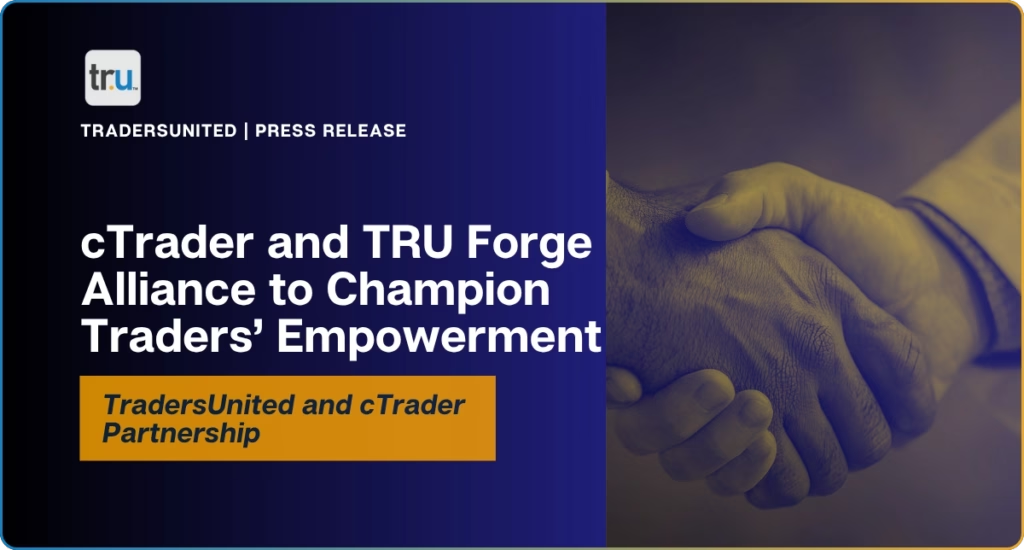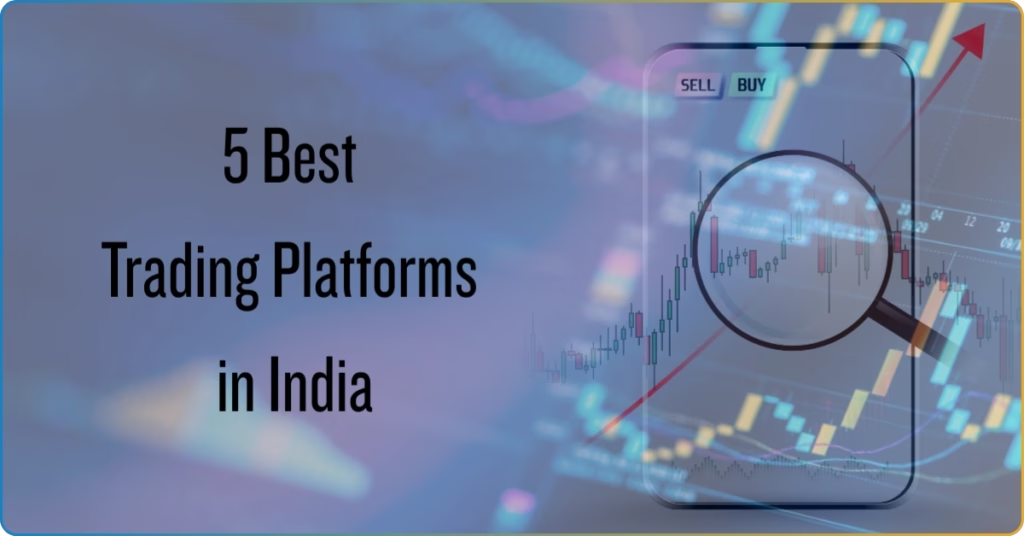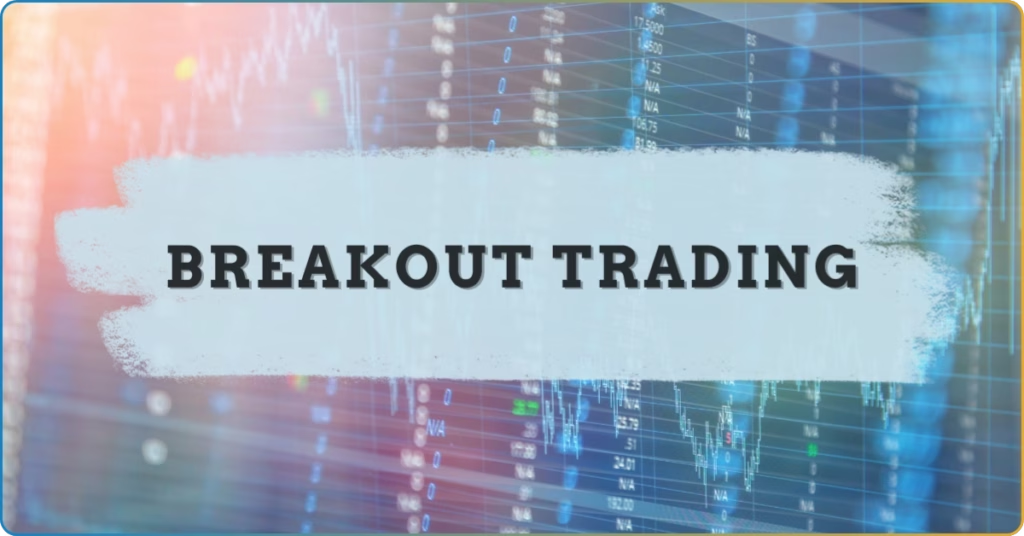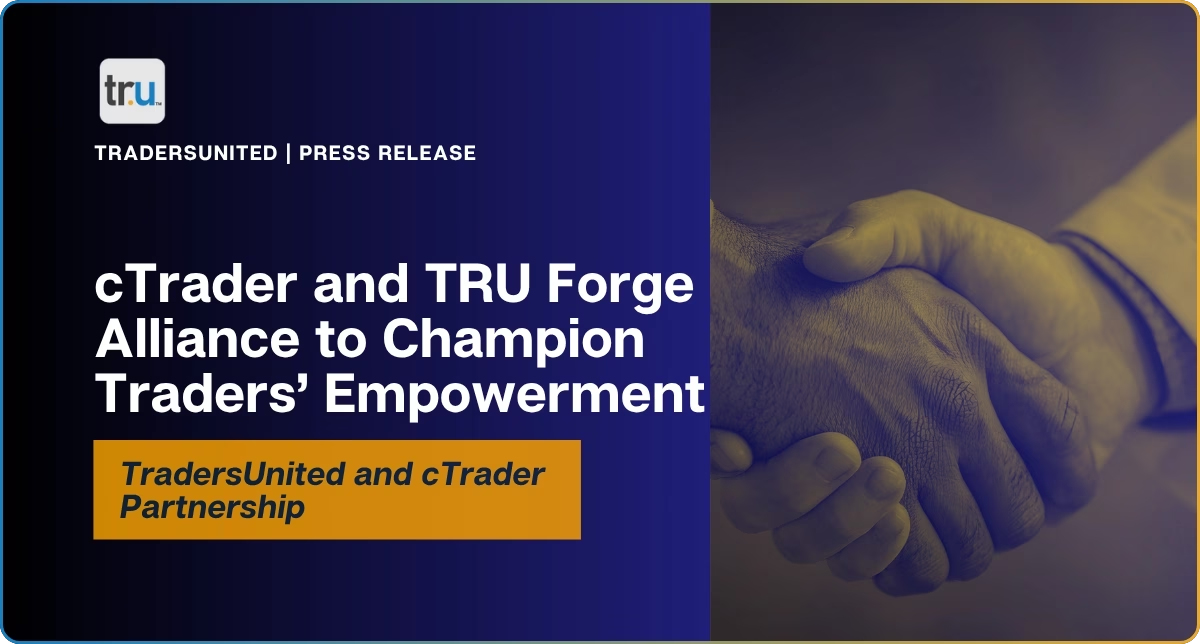It’s natural to feel devastated when your hard-earned money gets scammed. However, don’t dwell on your emotions too much – act quickly to have a better chance of recovering the scammed money.
Here are what you can do to recover your money from scammer:
1. Report to Authorities
Remember, the first action you must take after getting scammed is to report it to the authorities.
Doing so not only gives you a chance to recover your money but also helps law enforcement fight the pressing issue of digital scams.
For South African investors, reporting the case to these two agencies is beneficial to ensure fairness within the South African digital ecosystem.
- Financial Sector Conduct Authority (FSCA): This organization oversees financial institutions and investigates fraud. This financial regulator warns the public about suspicious and upright scam activities of financial service providers that operate in the country.
- South African Police Service (SAPS): SAPS is South Africa’s national police force. You can file a criminal case with detailed evidence of the scam to the SAPS cybercrime unit.
2. File a Claim with an Independent Dispute Resolution Organization (ODR)
With the bureaucratic resolution process of government authorities, filing a scam or dispute case with an independent dispute resolution (ODR) organization can speed things up, including the recovery of your funds.
Independent dispute resolution services can mediate between victims and scammers to recover lost funds. Make sure to choose a reputable ODR with a proven track record.
But remember that filing with case authorities and ODR is not a “this or that” decision. Do them both to stand a better chance of recovering your funds.
3. Report to the Platform or Payment Processor
Report the incident immediately if you were scammed on an e-commerce site or via a payment platform.
Many platforms have fraud protection policies that may allow you to recover your money.
The Increasing Number of Scams in South Africa
There’s no denying the influence of technology in South Africa. While the convenience it brings is celebrated, it has also birthed several digital challenges in the country.
Coupled with the economic challenges, this technological advancement has been weaponized to develop cunning methods and even scheme programs to target and victimize unsuspecting online users.
The effects of these scams are devastating – victims not only lose their hard-earned money but also suffer emotional distress and distrust in online systems that were originally designed for convenience and protection.
But its prevalence doesn’t mean you must experience the devastating impact of online scams. Here are the three devastatingly common online scams in South Africa.
Counterfeit Goods Scams
With a market volume of USD 3.76 million, South Africa’s eCommerce market was ranked as the 50th largest e-commerce market worldwide.
This number is forecasted to grow further in the coming year.
According to ECDB’s recent data, the South African eCommerce market is forecasted to hit USD 5.38 million in volume by 2028.
But behind this booming number entails the significant growth of e-commerce scams, most notably, the production of counterfeit (fake) products.
Better Business Bureau (BBB) warned the public about deceptive web sellers who illegally use copyrighted images, logos, and products to replicate them and sell them on the Internet.
With the absence of physical assessment and quality assurance, scammers can easily scam unsuspecting consumers. They do this by offering seemingly steal or too good-to-be-true prices on products.
Here are the common red flags that should give you pause:
- Too Good to Be True Prices – Fraudsters target online users with attractive discounts to make their products seem affordable, coercing users to purchase as they don’t want to miss out on such opportunities.
- Overly Rated Products – The “high rated product/seller means its legit” thinking is just a myth. Sometimes, fraudsters hire people to leave reviews on their products to create an impression of legitimacy.
- Suspicious Sellers – Be cautious if you don’t recognize the seller or if they have limited contact information.
Electronic Money Fraud
The shift toward digital payments has made transactions more convenient, but it’s also opened the door to new types of fraud.
Scammers target individuals through digital wallets, online banking platforms, and card transactions.
- Card Skimming: Devices attached to ATMs or point-of-sale machines capture card details and PINs.
- Ransomware Attacks: Cybercriminals lock your files and demand payment to restore access.
- Money Mules: Scammers convince victims to transfer stolen money on their behalf, often under false pretenses.
To avoid these from happening, make sure to use multi-factor authentication for your online bank accounts and avoid public Wi-Fi when doing financial transactions.
Social Security Grant Scam (SASSA)
These scams specifically target pensioners and beneficiaries of South Africa’s Social Security Agency (SASSA). Fraudsters either trick victims into sharing their SASSA card information or physically rob them during withdrawals.
Scammers offer to “help” elderly individuals with withdrawals, gaining access to their PINs. In some cases, they wait nearby and snatch the cash after the transaction.
Investment Scam
According to TransUnion, the South African financial services sector ranked second as the most targeted sector by online scammers.
This is because fraudsters find an edge in the high-stakes environment of financial services, including investment services.
Investment scams promise high returns with minimal risk to lure victims. Common schemes include Ponzi schemes, fake trading platforms, and fraudulent brokers.
Here are the common red flags of investment scams:
- Guaranteed Returns: No legitimate investment can promise consistent high returns without risk.
- Pressure to Invest Immediately: Scammers create a sense of urgency to prevent victims from doing their due diligence.
- Unregistered Entities: Always verify the broker or investment company’s credentials with the Financial Sector Conduct Authority (FSCA).
Investment Scams in South Africa
Several money laundering cases have devasted the South African financial market. The Financial Sector Conduct Authority has already debarred 156 individuals, suspended 1,061 financial service provider licenses, and imposed a cumulative fine of ZAR 943 million just in 2024.
While these actions underscore the regulator’s unwavering commitment to safeguarding the integrity of the financial market, they also reflect the alarming proliferation of unethical practices within the industry.
This duality emphasizes the urgent need for enhanced oversight, stricter compliance measures, and increased public awareness to curb financial misconduct effectively.
Here are the three popular investment scams that defraud thousands of unsuspecting South African investors.
BHI Trust
South African investors labeled the BHI Trust as the biggest heist ever witnessed in the country.
This investment scam pocketed almost ZAR 3 billion by defrauding over 2,000 investors. What’s worse is the fact that most of the BHI Trust victims were retired pensioners from colored and Indian communities.
Petron-Pay
With the promise of 300% ROI, Petron-Pay – the crude oil investment-fronting Ponzi scheme – used to garnered buzz from South African investors.
Unfortunately, its Ponzi scheme operation only made its way into the public after it collapsed in mid-2021.
Among the red flags that Petron-pay alludes are the following:
- Unrealistic investment returns
- Untraceable CEO
- Unclear investment strategy
- Regulatory warning from the US Securities and Exchange Commission
Berry Crypto Platform
Disguised as a cryptocurrency exchange platform, Berry trading platform followed a deliberate and sophisticated process to defraud South African investors.
At first glance, the platform captured the basic features of every crypto exchange, including the “Buy” button, price charts, and market watch.
However, it’s been found that such buttons don’t actually trigger trade execution. Rather, they function to collect the members’ investments.
Protect Yourself Against Scams in South Africa
Scams thrive on a lack of awareness and quick decision-making. By staying informed, questioning suspicious offers, and taking immediate action when scammed, South Africans can fight back against fraud. Reporting scams helps you recover losses and protects others from falling victim.
Remember: Knowledge is your strongest defense. Stay alert and take proactive steps to safeguard your finances and peace of mind.

















